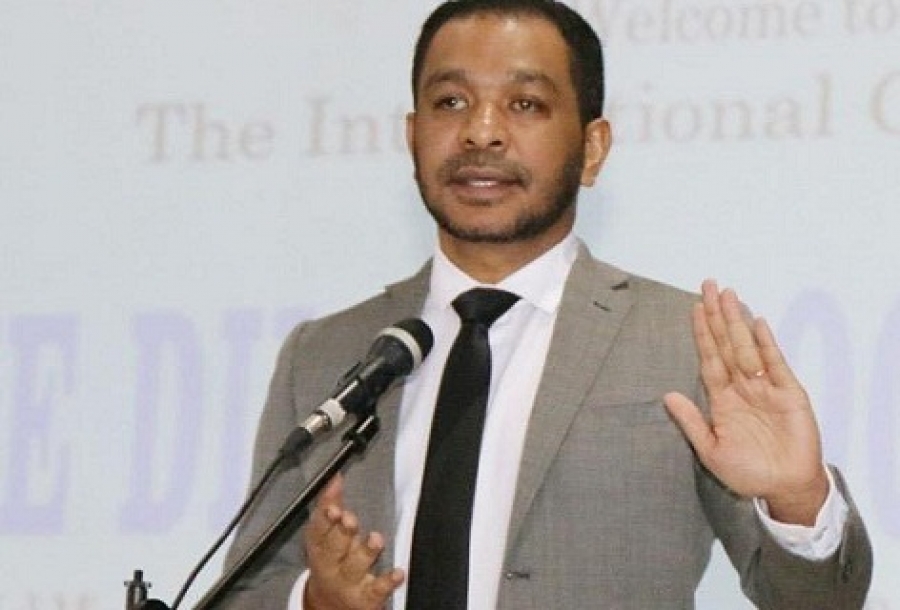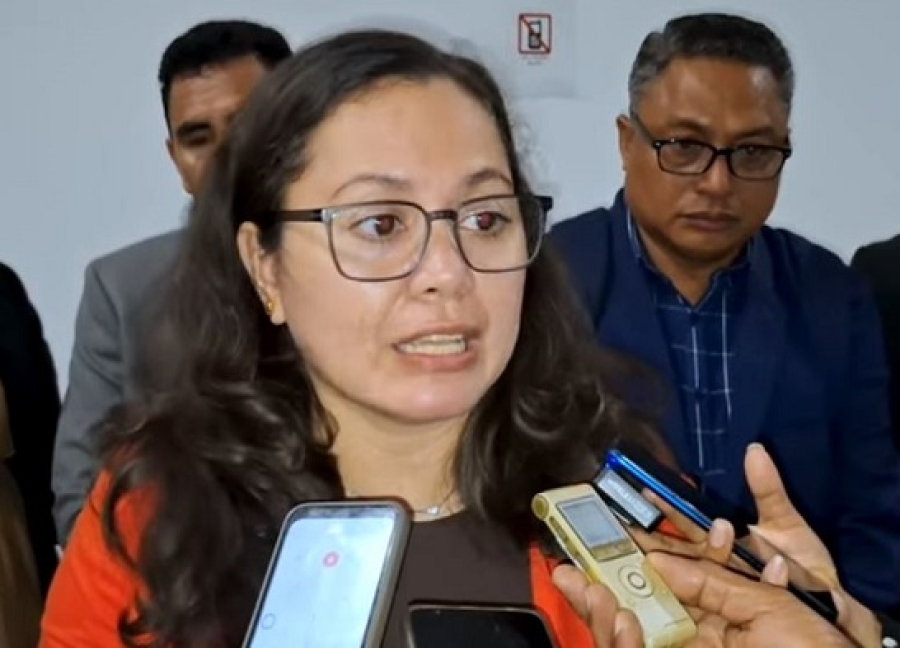"I am not talking about regulating Facebook as it is a global platform,” Mangalhaes said in his opening address at the Dili Dialogue Forum on Thursday.
"We will not rush to produce IT regulation because today the world has globalised rapidly, let the progress of information technology work, then the Government will regulate it," he said.
Mangalhaes said any new regulation should not be feared. He said “all media” would be invited to contribute to ensure any new law met everyone’s needs.
Virgilio Guteres, President of the Press Council later said, “many people opposed” restricting Facebook, but said it also needed to be used “responsibly”.
He condemned the “known practice” of journalists using fake accounts to criticise politicians.
He said anyone working in media must abide by Timor-Leste’s media code of ethics and held accountable for information they distribute on social media.
Timor-Leste is ranked 84th out of 180 countries and first amongst the Association of Southeast Asian Nations in the World Press Freedom Index of Reporters Without Borders, a non-government group that promotes freedom on information.
The comments come as Singapore’s parliament last week passed legislation that requires online media platforms to carry corrections or remove content the government considers to be false, with penalties for perpetrators including prison terms of up to 10 years or fines up to S$1m ($735,000).
The law has been criticised by rights groups, journalists and tech firms over fears it could be used to clamp down on freedom of speech.
Technology giants including Google and Facebook said they see the law giving Singapore’s government too much power in deciding what qualifies as true or false.
Phil Robertson, deputy Asia director at Human Rights Watch told the Guardian:
“Singapore’s leaders have crafted a law that will have a chilling effect on internet freedom throughout south-east Asia, and likely start a new set of information wars as they try to impose their narrow version of ‘truth’ on the wider world.”







